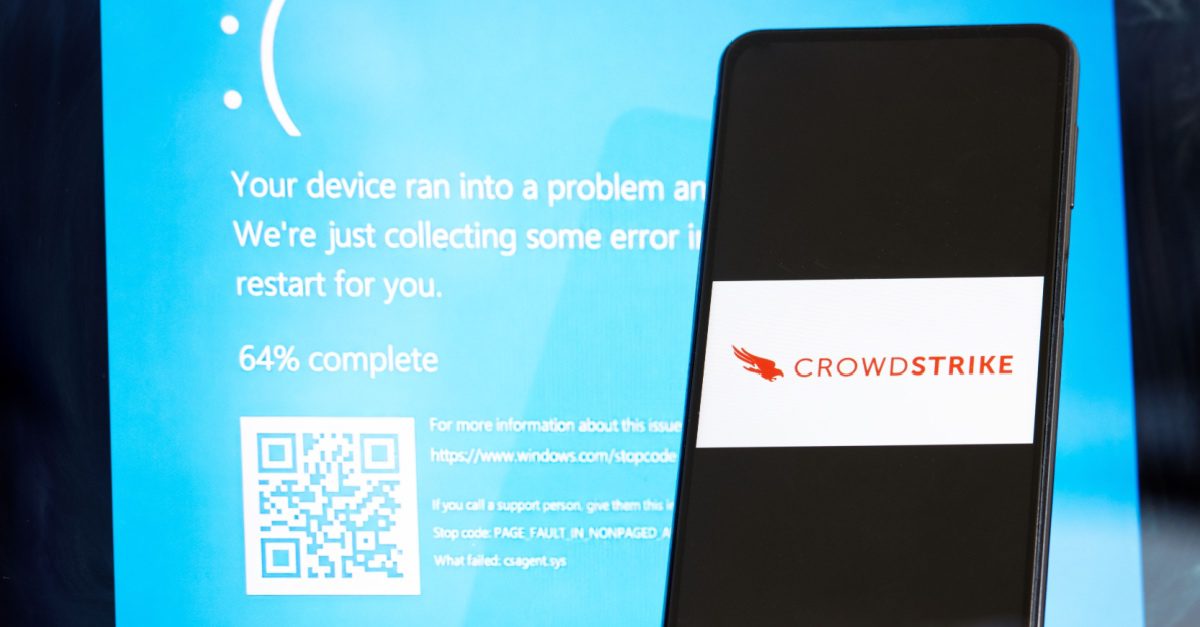This month we take a look at the news that is shaping the freight industry. We cover everything from the port activity, cross-border relations between the U.S. and Mexico and the freight recovery everyone is hoping and waiting for.
Port of Los Angeles Crowdstrike Outage and Growth
Our supply chain was not unscathed by the recent Crowdstrike outage.
The Port of Los Angeles reverted to strictly manual operations until it could get its systems back online. Gene Seroka, port director for L.A. and Long Beach, said terminals were as busy as they had been in years. The port aims to build resilience against future disruptions in hopes of continuing positive momentum. The first half of the year has been stellar for America’s busiest port, seeing a 14% year-over-year increase in cargo volume.
Cross-Border Shipments are Heating Up
In May 2024, cross-border trade between Mexico and the US surged to $73 billion, driven by increased shipments of cars, computers, auto parts, and commercial vehicles, making Mexico the top US trade partner for the fifth consecutive month, as reported by FreightWaves. Laredo, Texas, remained the leading gateway for international commerce, handling $29.3 billion in trade. Mexico’s exports to the US rose by 6.6% year-over-year, totaling $44 billion. Imports from the US to Mexico also increased, growing by 6% to $29 billion. Since 2020, LGI has handled 75-100 cross-border loads monthly, with 35% of these being over-dimensional, alongside a mix of dry van and reefer shipments.
Autonomous Trucks Face Uphill Battle in California
As reported by CCJ, California lawmakers are again advancing legislation banning driverless trucks. The proposed bill requires a human operator to be present in autonomous trucks operating on public roads. Despite Governor Gavin Newsom’s veto of a similar bill last year, which he deemed unnecessary, the new bill passed the state Assembly with a 61-3 vote and the Senate Transportation Committee with an 11-2 vote. You have to wonder how much the health of the freight market plays in legislation for advancing the approval of autonomous trucking. Either way, technology is playing a critical role in shaping the future of how we improve the movement of every type of freight from hazmat to reefer.
Freight Market Recovery? Seeing is Believing
Every month, the Bureau of Labor Statistics (BLS) releases the Consumer Price Index (CPI) to show how much prices for everyday items like food, clothing, and gas have changed over time. The recent dip in the monthly inflation rate for the first time in over four years provides hope that we might soon feel relief in our everyday expenses. Similarly, the Freightwave’s most recent State of the Freight Industry offers a glimmer of hope: truckload volumes are up, tender rejection rates are climbing, and maritime spot rates are nearing $10,000 per container.
CNBC echoes this positive sentiment, supported by Motive retail data, shrinking capacity, and robust stock performance from some of the larger freight carriers.
However, despite these positive signs, many of us won’t truly believe inflation is down until we see a noticeable decrease in our grocery and utility bills. The same goes for the freight industry outlook—until these positive trends translate into higher rates and improved conditions for freight carriers, sentiment will remain unchanged.
Regulatory Changes for Food and Beverage
Food Safety News reports that recent legislative efforts threaten to undermine the Food Safety Modernization Act (FSMA). For instance, the Food Traceability Final Rule (FSMA 204), designed to enhance the ability to track and trace food through the supply chain by January 2026, is now at risk. Furthermore, other bills propose easing traceability requirements and delaying implementation. The Safe Food Coalition warns that these rollbacks “would significantly dilute the FDA’s ability to trace and manage foodborne illness outbreaks,” effectively gutting the rule. At LGI, we understand the critical importance of robust traceability systems in food and beverage transport. Any weakening of regulatory standards could have severe implications for food quality and the transportation industry.
Port of Savannah is Making Waves — and a Shipment of Toxic Sprays
New shipping routes are opening up as companies shift away from China to other less risky options like India. In a press release from the Georgia Port Authority, Griff Lynch, CEO and Georgia Port Authority President hails the new “connection between India and Georgia Ports” as a “remarkable opportunity for trade via Savannah.” The Port of Savannah also made headlines for receiving an illegal shipment of herbicide prior to the approval of an emergency exception.
Leveraging LGI’s Expertise in the Evolving Freight Landscape
As we explore the latest in freight, from booming cross-border trade to new regulations and advancements in tech, it’s evident that being adaptable and agile is critical. At LGI, we understand how vital strong logistics are in handling these shifts. Whether it’s Dry Van Services, Oil and Gas Logistics, or Heavy Haul and Oversize Loads, we are equipped to meet the diverse demands of the industry. Request a quote today and discover how LGI can provide reliable and efficient transportation solutions.
